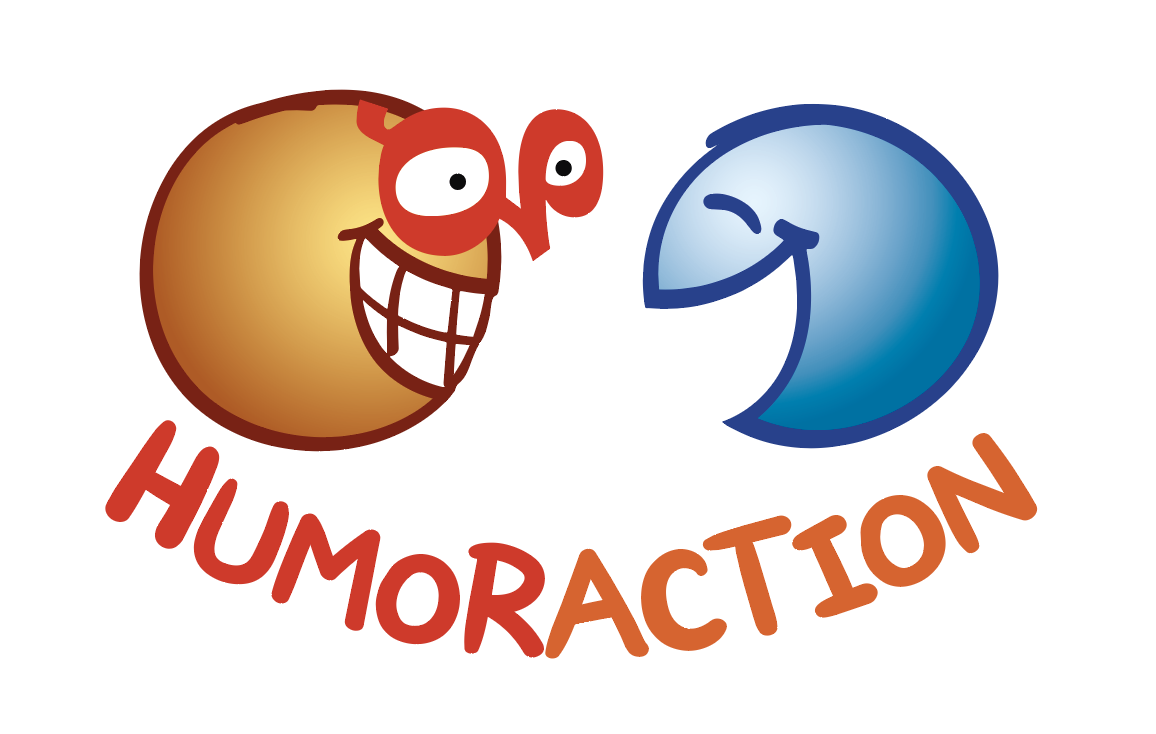Villy Tsakona
National and Kapodistrian University of Athens
The presentation will elaborate on the role of context in analyzing humor and, more specifically, address the question of how we could come up with an analytical model that takes into consideration various aspects of context to investigate diverse (humorous and non-humorous) framings of social events and reactions to discourse intended as humorous. Emphasis will be placed on the dynamic character of humor: humor will be perceived as jointly constructed and negotiated by interlocutors who draw on several aspects of context to create and interpret humor, and who may eventually disagree on their interpretations of humorous discourse (Chovanec & Tsakona 2018). After presenting the main aspects of context that humor scholars have discussed as relevant to the creation, interpretation, and analysis of humor, I will attempt to encompass most (if not all) of these aspects in an analytical model called the Discourse Theory of Humor (Tsakona 2020). Then, in order to illustrate how this model could work in practice, I will analyze a public debate involving humorous and non-humorous interpretations of an advertisement that was intended as humorous but was also interpreted as sexist, due to differences in the aspects of context evoked by the audience.
Chovanec, J. & Tsakona, V. 2018. Investigating the dynamics of humor: Towards a theory of interactional humor. In V. Tsakona & J. Chovanec (eds.), The Dynamics of Interactional Humor: Creating and Negotiating Humor in Everyday Encounters, 1–26. Amsterdam: John Benjamins.
Tsakona, V. 2020. Recontextualizing Humor: Rethinking the Analysis and Teaching of Humor. Boston: De Gruyter Mouton.





